overleaf template galleryLaTeX templates and examples — Recent
Discover LaTeX templates and examples to help with everything from writing a journal article to using a specific LaTeX package.
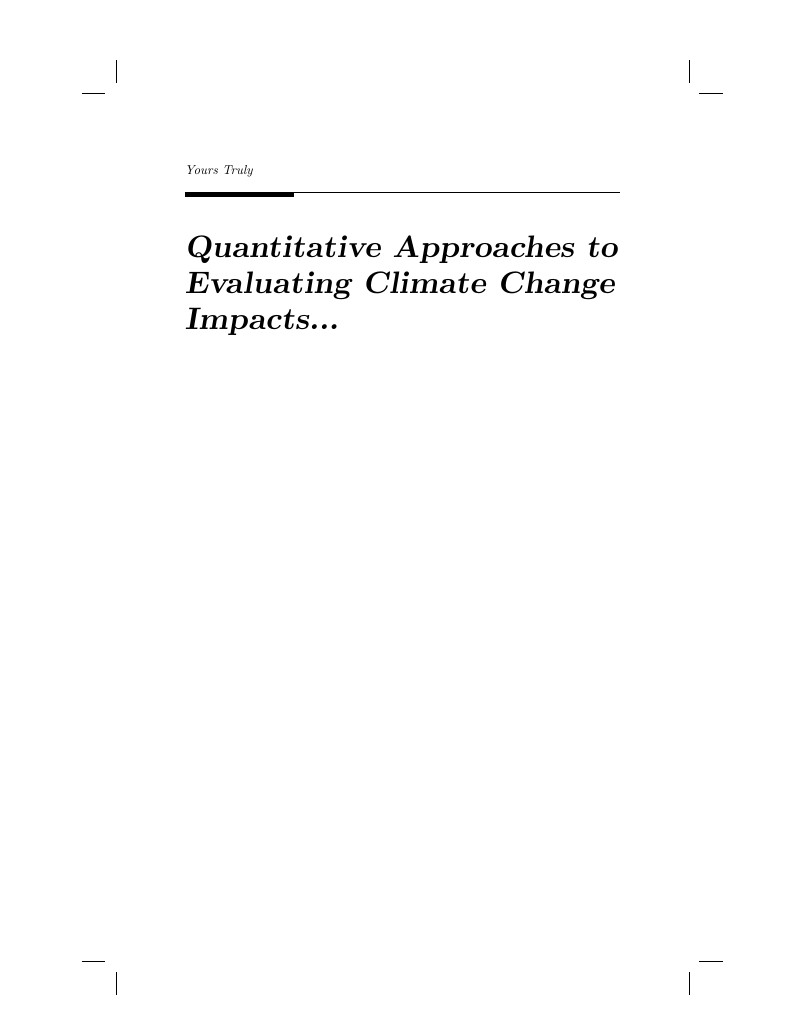
Krantz book template for CRC / C&H.
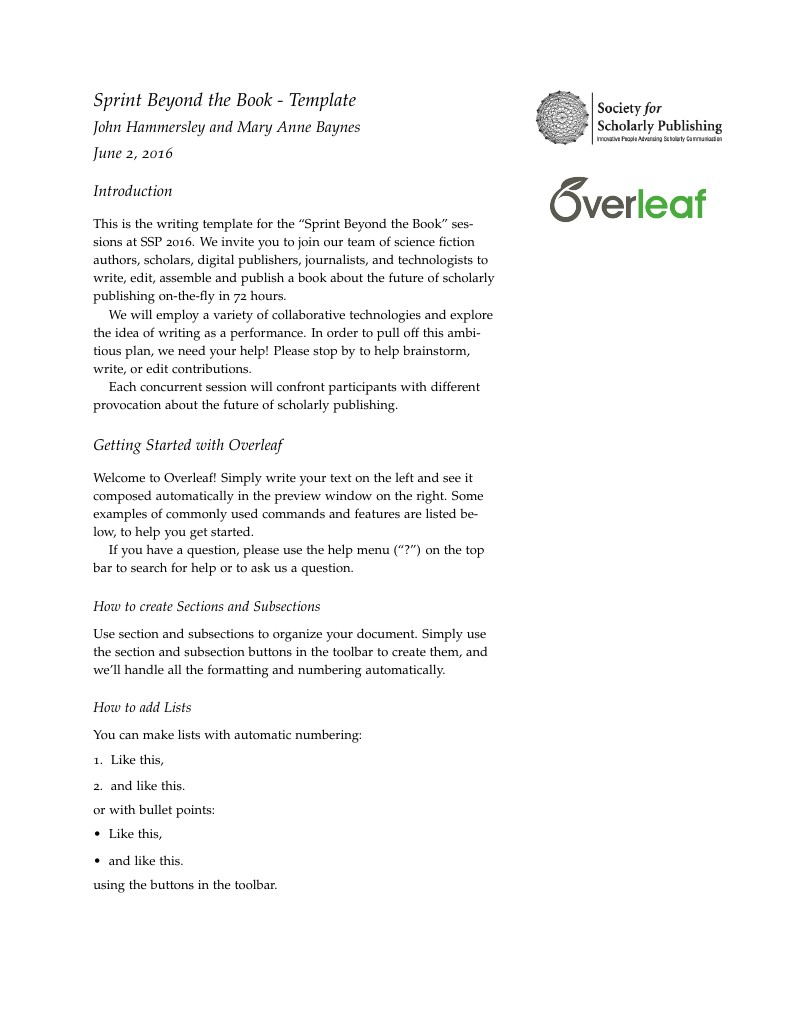
This is the writing template for the ``Sprint Beyond the Book'' sessions at SSP 2016. We invite you to join our team of science fiction authors, scholars, digital publishers, journalists, and technologists to write, edit, assemble and publish a book about the future of scholarly publishing on-the-fly in 72 hours. We will employ a variety of collaborative technologies and explore the idea of writing as a performance. In order to pull off this ambitious plan, we need your help! Please stop by to help brainstorm, write, or edit contributions. Each concurrent session will confront participants with different provocation about the future of scholarly publishing. Find out more about the sessions on the SSP 2016 website.
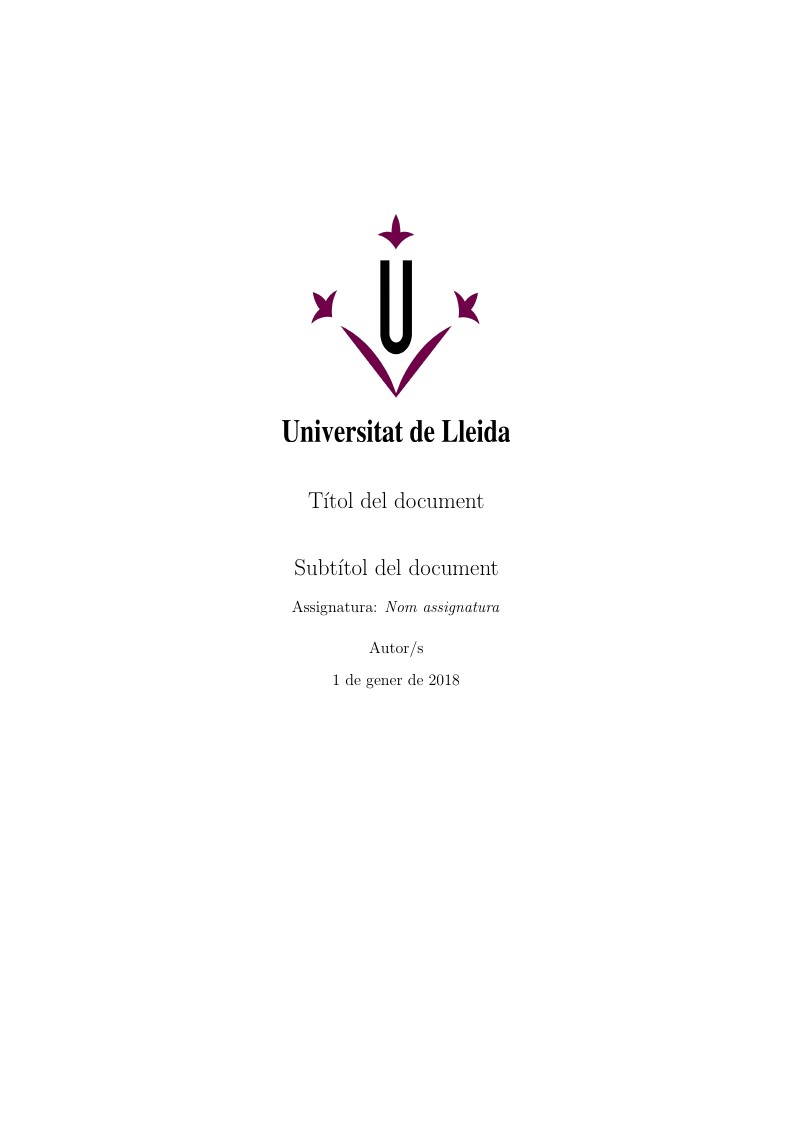
Plantilla simple per pràctiques i informes per estudiants de la UdL
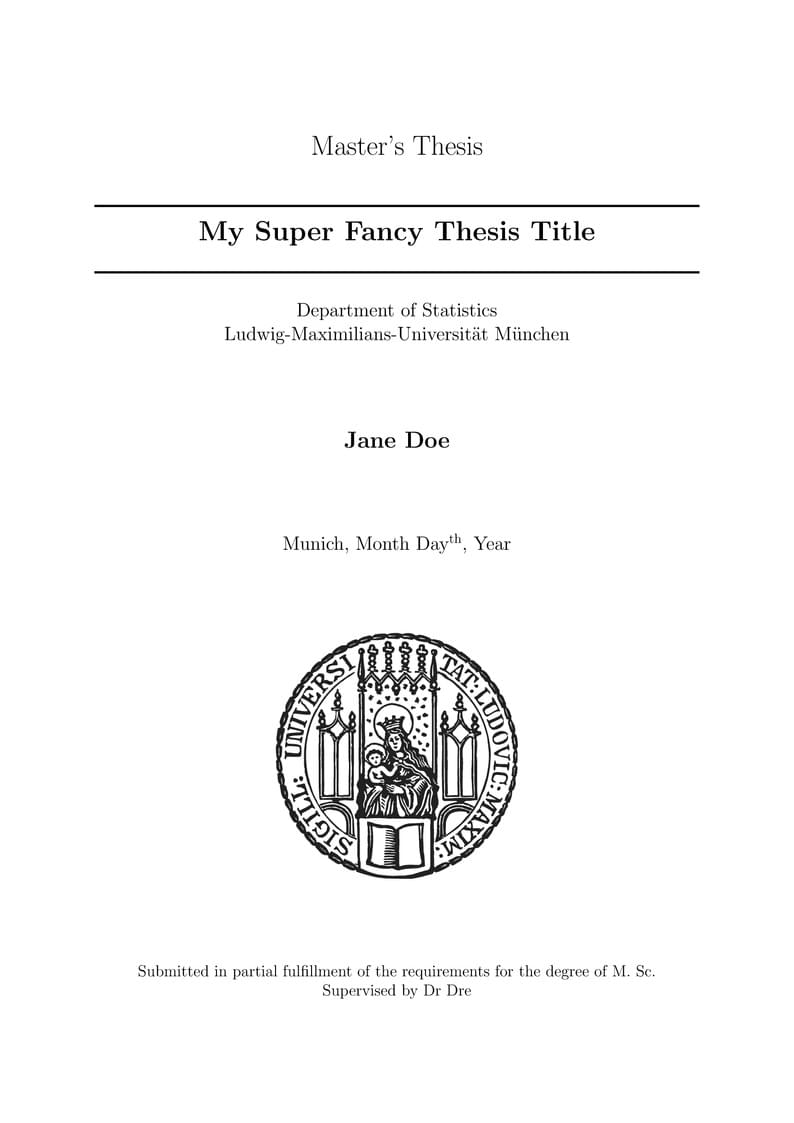
A generic thesis template made by the Statistical Learning and Data Science Chair at LMU Munich
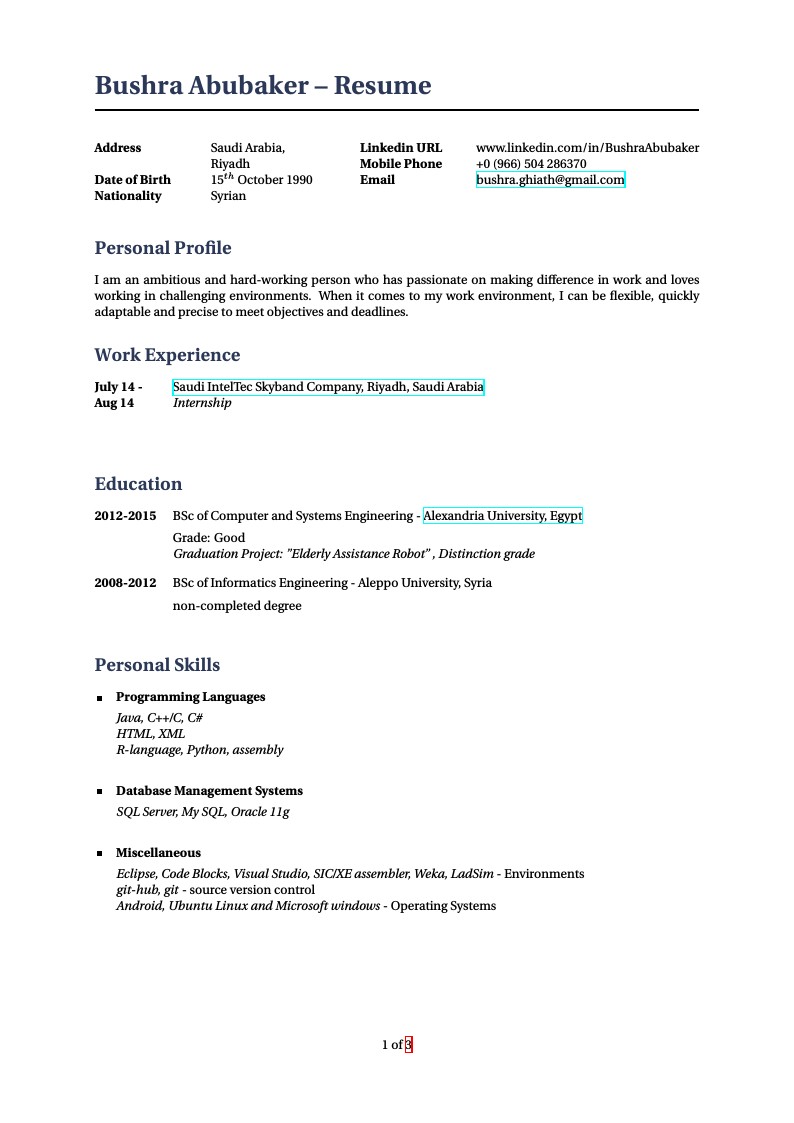
Created with the Wilson Resume/CV template by Howard Wilson, with extensive modifications by Vel.
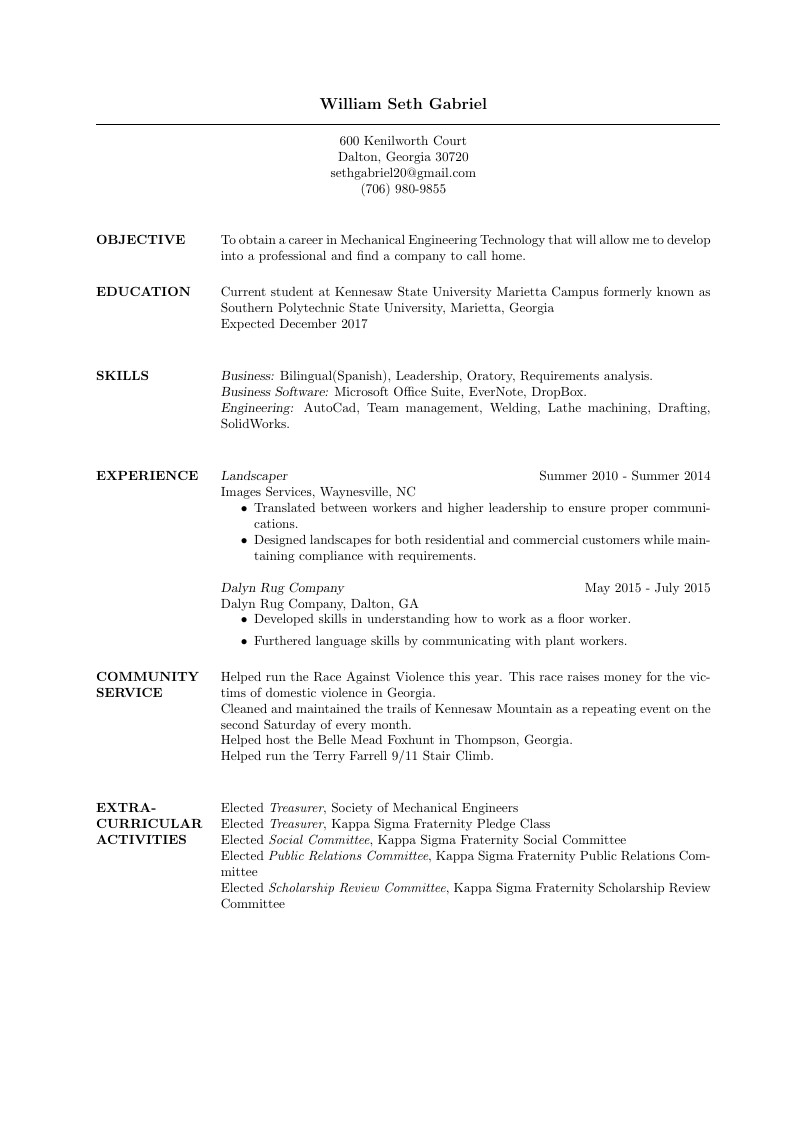
Created using the Medium Length Graduate Curriculum Vitae LaTeX Template Version 1.1 (9/12/12) This template has been downloaded from: LaTeXTemplates.com Original author: Rensselaer Polytechnic Institute
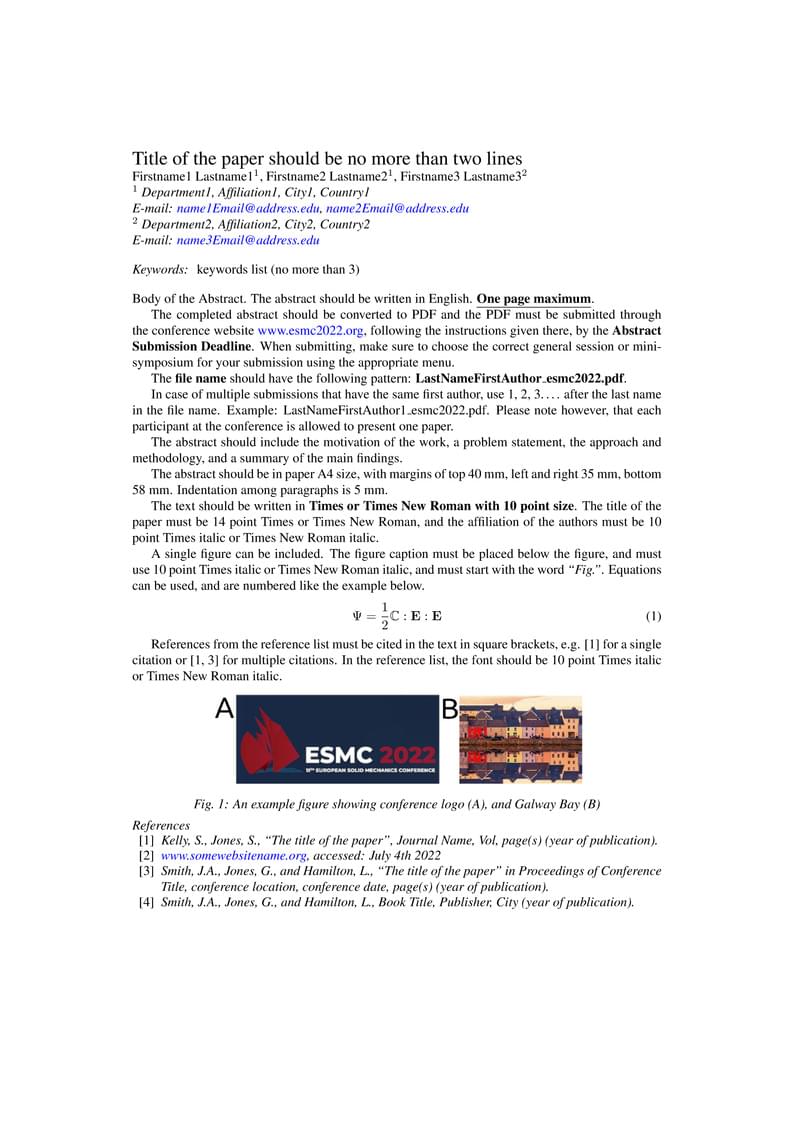
The LaTeX template for the 11th European Solid Mechanics Conference (ESMC) 2022 https://www.esmc2022.org/
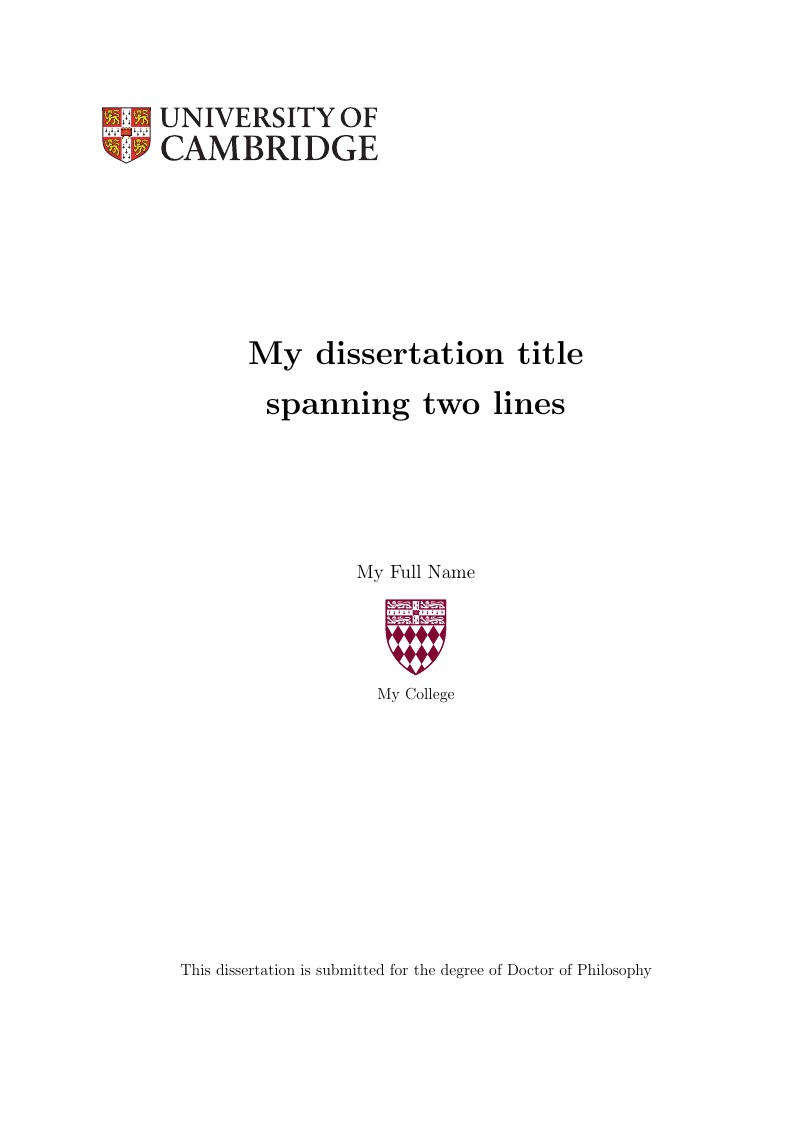
Sample document "thesis.tex" for a Cambridge University, Computer Lab thesis/dissertation template. Version: v0.2 Authors: Jean Martina, Rok Strnisa, Matej Urbas Date: 30/07/2008 Copyright (c) 2008-2011, Rok Strniša, Jean Martina, Matej Urbas License: Simplified BSD License
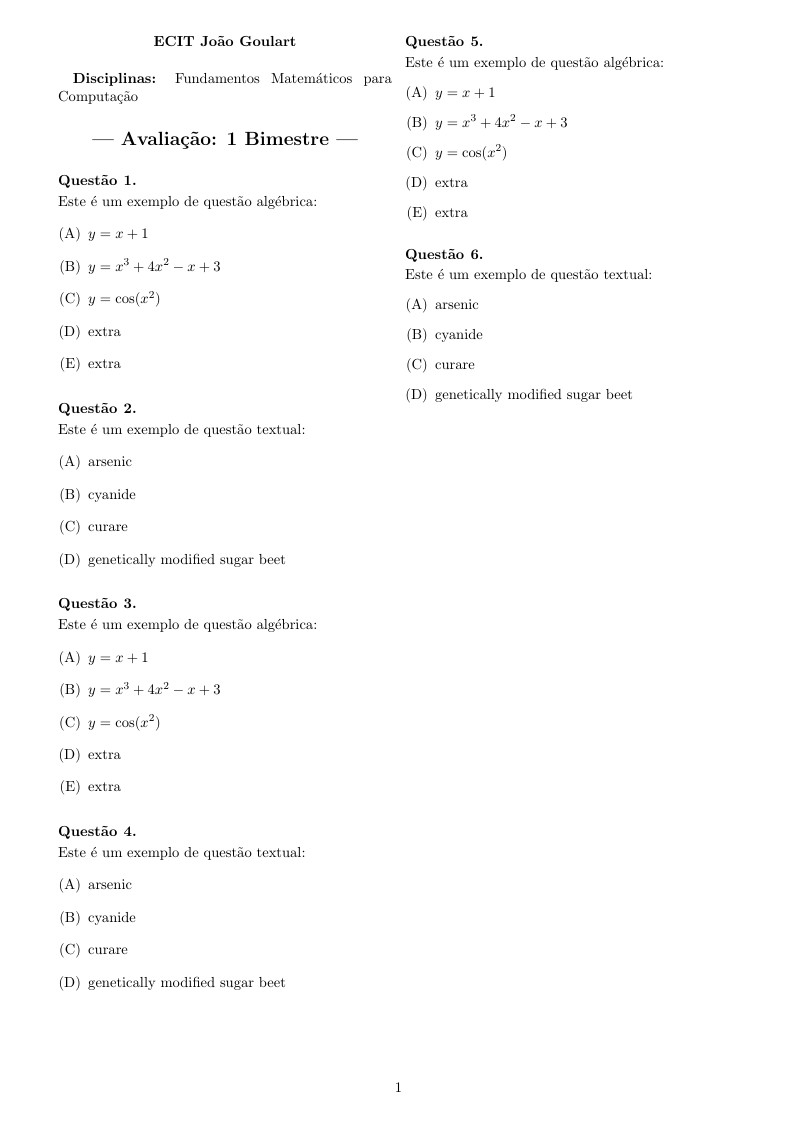
Modelo de prova para a ECIT João Goulart com o intuito de economizar papel e facilitar a vida dos professores.
\begin
Discover why over 25 million people worldwide trust Overleaf with their work.